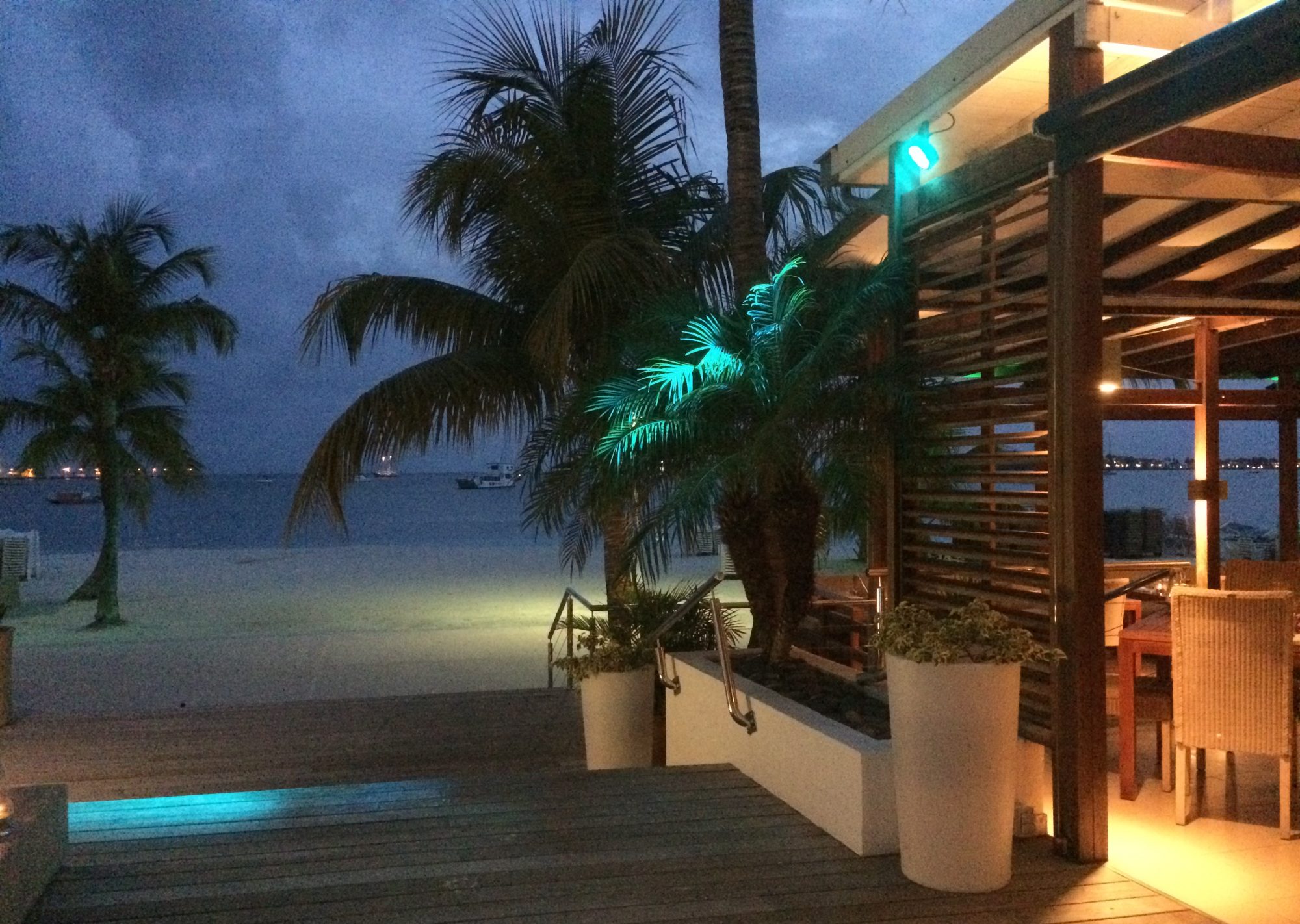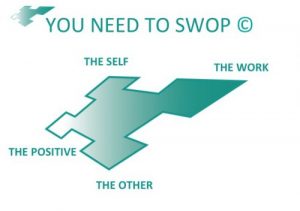There has been a schism in the World of Quality. This schism makes it difficult to understand others and to talk about what quality of any entity actually is. In our opinion the main reason for this schism is that people think from different paradigms. We, Hardjono and Van Kemenade, describe these paradigms in the book “In search for a fourth paradigm in quality management”, that will soon be available.
The European Organisation for Quality as well as The American Society for Quality are dominated by the mindset of “measuring is knowing”. We call this the Empirical Paradigm. However, not everything can be easily measured in meters, kilograms, seconds or amperes. Or, if you do, you do not catch the essence of what the entity is. Beauty, love, wisdom, trust are examples of this; but this goes for an organisation as well.
To solve this dilemma other quality experts introduce a model, a framework of reference in which criteria or areas to address are mentioned. Examples of this paradigm are the ISO 9000-series, the Malcolm Baldrige National Quality Award (MBNQA) criteria and the European Business Excellence (EFQM)Model. We call this the Paradigm of Reference.
A third Paradigm can be discerned: The Paradigm of Reflection (Vinkenburg, 2006) in which a group of people discuss the ins and outs of the quality of the object.
The fourth we found is the Paradigm of Emergence. The Paradigm of Emergence is based on the ‘pragmatic’ ideas developed a.o. by Dewey. In a dialogue it is decided, what works now in this context and that is the definition – for the time being.
Let us take an example to clarify the differences between the four paradigms. The example is the thoughts and ideas of Donald Trump (as far as we can understand these from a European perspective).
When we compare what Donald Trump thinks and does with the Empirical Paradigm, we see little correspondence. Even, Trump has a disdain for scientists who often represent this paradigm. He denies the warming of the globe, although empirical scientific data prove this is actually happening. He even claims Obama was born in Kenya, although that is not the fact. There are dozens of examples more. He just does not want to measure and wants to collect data in his own manner.
When we compare what Donald Trump does and thinks with the Reflective Paradigm, again we see little correspondence. Representatives of this paradigm take a final decision after discussion, after hear and listen. Trump discusses rarely and shows little reflection. That is also the impression that you get, when you read Trump’s tweets. Trump seems to tweet (and act) impulsively. Trump hates the media, who often represent the Paradigm of Reflection. The media spread ‘fake news’ and are all against him, (but a few). He decides after having listened to the last one he met.
You could argue that there are some characteristics of the Emergence Paradigm in Trumps, activities and thoughts. He improvises on the flow of events. But representatives of the Paradigm of Emergence like to hold a deep dialogue, especially with those who have a different opinion; like to consider a topic from different views and angles and take a decision (for the time being), until more knowledge is gained or the context has changed. If so, Trump’s way of working is most related to the cases in which the Emergency Paradigm is exaggerated and leads to haphazardness rather than improvisation.
Trumps thoughts and actions have the most in common with the Reference Paradigm. Representatives of this paradigm use a reference, a model to decide what to do and think; what is right and wrong. You would expect the model used by Trump to be the Republican mindset, but that is too easy. Like Roger Stone, a long time Trump friend and political adviser said, Trump does not represent a Republican Brand, but a Trump Brand. “The Trump Brand and the Republican Brand are two different things”. This mindset defines what is good and bad, what quality is for him. But nobody but Trump himself knows exactly what that means.
Everard A. van Kemenade
Teun W. Hardjono


